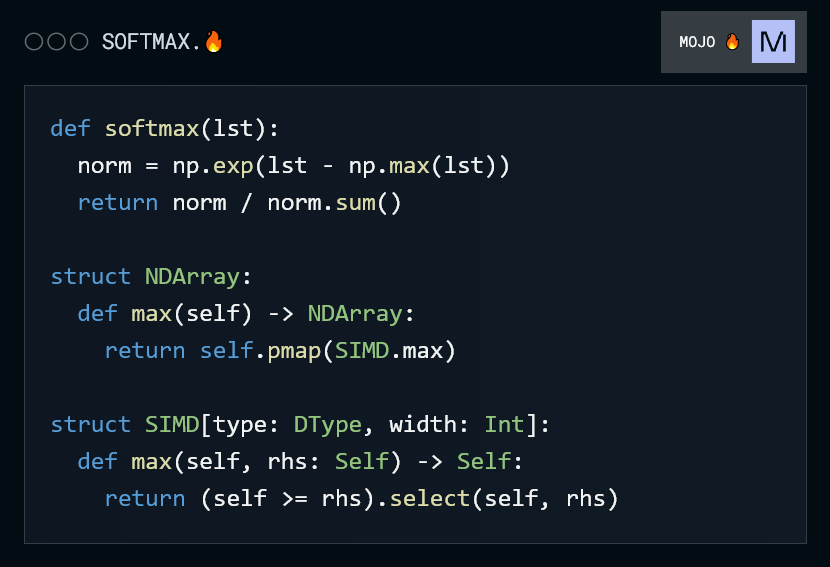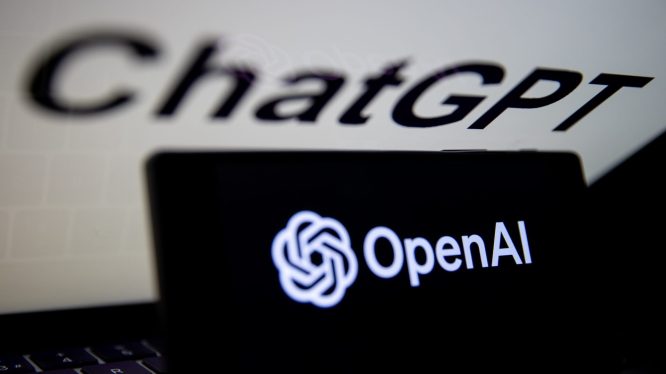Introduction
Python has become the de facto programming language in the field of artificial intelligence (AI) and machine learning (ML) due to its simplicity, flexibility, and rich ecosystem. However, Python’s current implementation, CPython, faces several limitations when it comes to systems programming and performance, giving rise to the ‘two-world problem’ where Python and low-level languages like C and C++ must coexist to achieve high performance.
Mojo: A Unified Language for AI/ML Development
Mojo is a new programming language designed to address these challenges, seamlessly integrating with the existing Python ecosystem and providing a solution that unifies systems programming and AI/ML development. Mojo aims to leverage Python’s strengths while overcoming its performance limitations, and accommodating the growing complexity of heterogeneous hardware accelerators and deployment challenges.
Mojo’s Key Features and Compatibility
Mojo is designed to be fully compatible with the Python ecosystem, allowing developers to run existing Python 3 code ‘out of the box’ using CPython’s runtime. This ensures full compatibility with the entire Python ecosystem, while also enabling a smooth migration path for Python code to Mojo.
Key Features
- Strong Type Checking: Mojo introduces strong type checking, which ensures that the correct data types are used and provides compile-time errors for any mismatches.
- Overloaded Functions: Mojo supports overloaded functions and methods, allowing you to define multiple functions with the same name but different arguments.
- fn Declaration: Mojo introduces a stricter version of the
defdeclaration, known asfn, which enforces more restrictions in its body, making it suitable for systems programming.
Compatibility
Mojo is designed to be a superset of Python, with features such as strong type checking, overloaded functions, and stricter function declarations (fn). These enhancements provide more control, predictability, and safety in code, making Mojo particularly suitable for systems programming and AI/ML development.
Mechanical Migrator
To further facilitate migration, Mojo provides a mechanical migrator that offers high compatibility, allowing developers to progressively move their code to Mojo. This approach is inspired by the successful migration from Objective-C to Swift performed by Apple.
Motivation Behind Mojo
The primary motivation for developing Mojo is to bring an innovative programming model to accelerators and other heterogeneous systems commonly found in AI and ML. With the increasing complexity and variety of hardware accelerators, there is a pressing need for a unified language that caters to the requirements of AI/ML development and systems programming.
Mojo’s Impact on AI/ML Development
Mojo has the potential to revolutionize AI/ML development by providing a unified platform for developing complex models and deploying them efficiently. By addressing the limitations of Python, Mojo enables developers to write more efficient code that takes advantage of modern hardware architectures.
Conclusion
In conclusion, Mojo is a game-changer in the world of AI/ML development, paving the way for improved performance, predictability, and control. With its strong type checking, overloaded functions, and stricter function declarations (fn), Mojo provides a unified platform for developing complex models and deploying them efficiently.
Modular Presentation
For more information on Mojo and its capabilities, visit:
By adopting Mojo, developers can unlock the full potential of their code and create more efficient, scalable, and reliable AI/ML models.
Code Examples
Here are some code examples to illustrate the key features of Mojo:
# Strong Type Checking
def pairTest() -> Bool:
let p = MyPair(1, 2)
return True
# Overloaded Functions
struct Complex:
var re: F32
var im: F32
fn __init__(self&, x: F32):
self.re = x
self.im = 0.0
fn __init__(self&, r: F32, i: F32):
self.re = r
self.im = i
# fn Declaration
fn calculateArea(fn radius: F32) -> F32:
return 3.14 * radius * radius
These examples demonstrate the use of strong type checking, overloaded functions, and stricter function declarations (fn) in Mojo.
Future Directions
The development of Mojo is an ongoing effort, with a focus on further improving its capabilities and performance. Some future directions for Mojo include:
- Improved Type System: Enhancing the type system to provide even stronger guarantees about code correctness.
- Better Support for Parallelization: Improving support for parallelization to enable more efficient execution of complex models.
- Integration with Other Tools: Integrating Mojo with other tools and frameworks to provide a seamless development experience.
By addressing these areas, Mojo can continue to evolve as a leading platform for AI/ML development.











